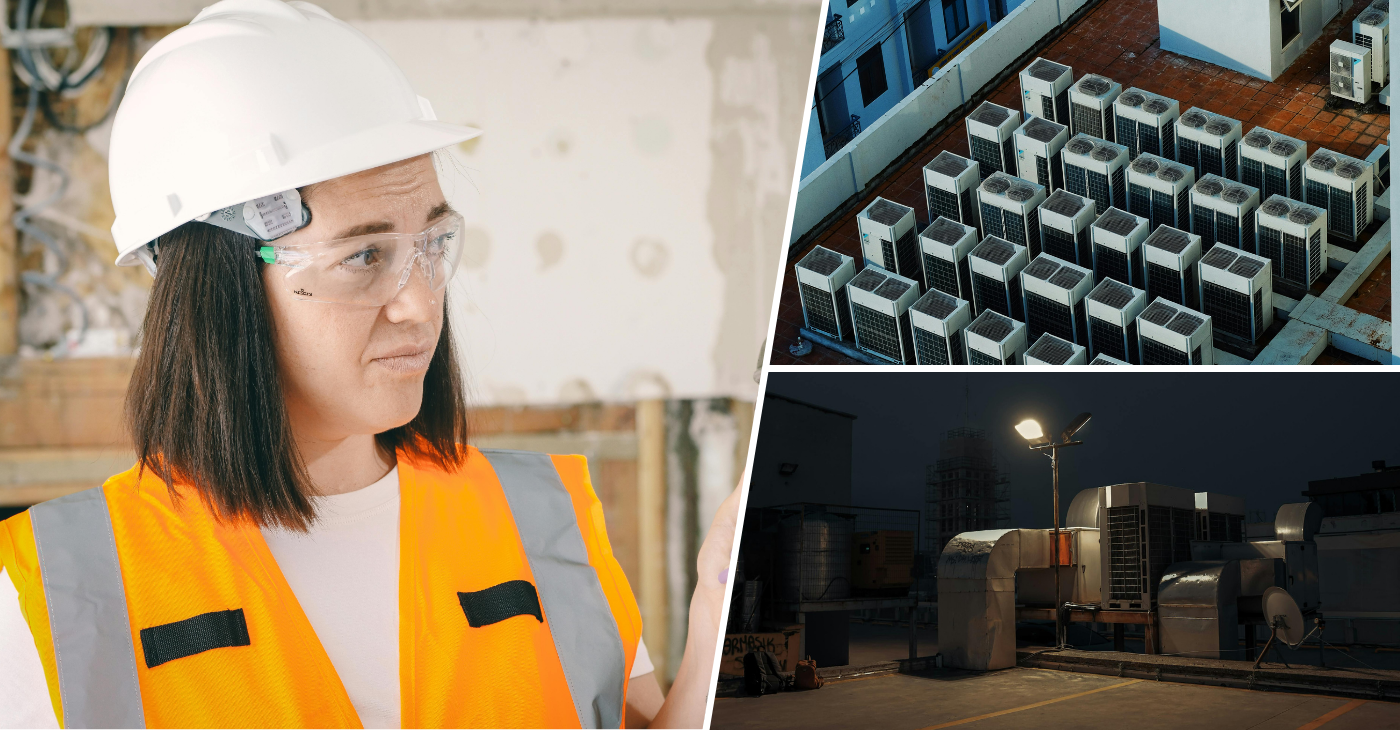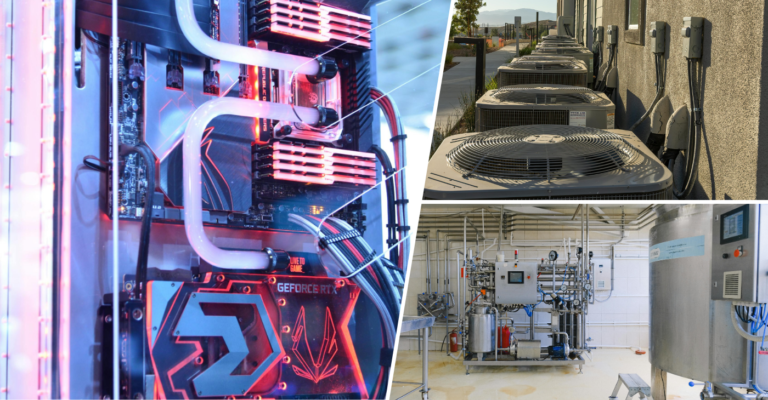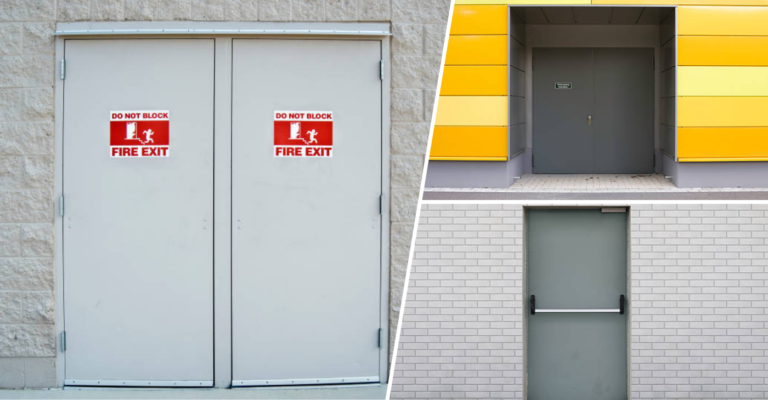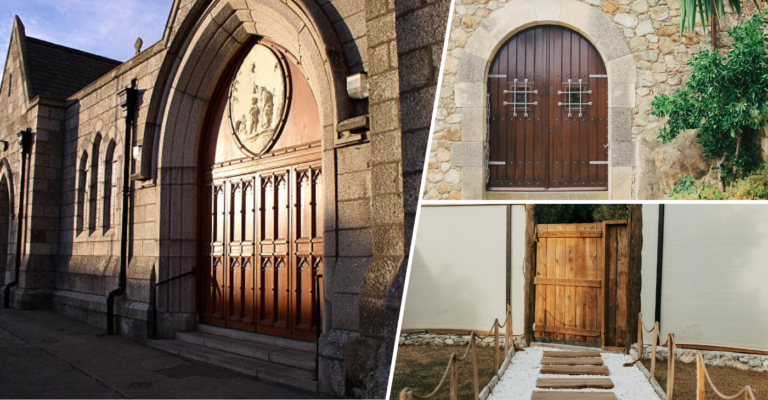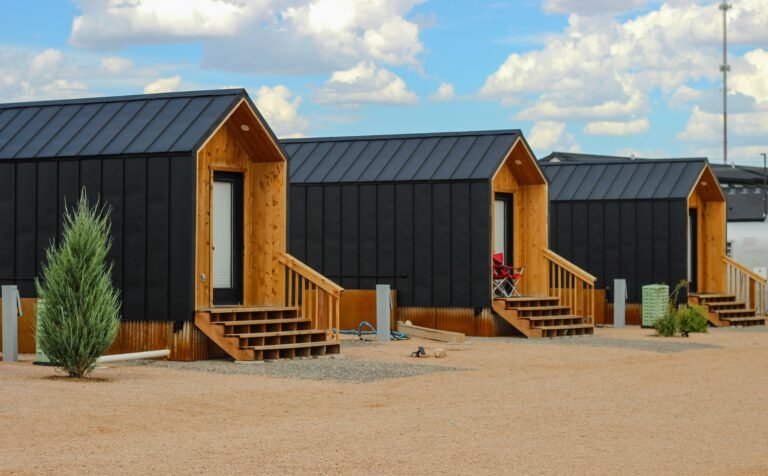Guide: How many HVAC certifications are there?
How many HVAC certifications are there? The answer covers a wide range of credentials. HVAC certifications are critical in the construction industry, ensuring technicians have the necessary skills for different systems. They range from basic certifications to advanced, specialized ones. Each certification serves a unique purpose, whether for handling refrigerants or working on large commercial installations. With evolving energy standards and safety codes, having the right certifications is crucial for any construction project. This article explores the various HVAC certifications and their impact on construction projects, ensuring compliance, safety, and efficiency.
What are HVAC certifications?
HVAC certifications are formal acknowledgments that technicians have the knowledge to safely install, maintain, and troubleshoot heating, ventilation, and air conditioning systems. These certifications guarantee that workers understand the relevant building codes and safety standards. In construction, certified HVAC techs are critical to ensuring compliance with the International Mechanical Code (IMC) and other regulations. They also confirm that your team can optimize energy efficiency, manage airflow, and handle complex equipment. This makes certifications a key part of delivering a successful project.
How many types of HVAC certifications exist?
There are many types of HVAC certifications, each serving a specific purpose in the industry. These certifications ensure technicians are trained and licensed to handle different HVAC systems.
EPA section 608 certification
One of the most important certifications is the EPA Section 608 Certification. This certification is required for anyone who works with refrigerants. It has four types: Type I for small appliances, Type II for high-pressure systems, Type III for low-pressure systems, and Universal for all types of systems. Without this, technicians cannot legally handle refrigerants.
NATE certifications
NATE (North American Technician Excellence) offers certifications for different skills in HVAC. These range from basic certifications for beginners to advanced ones. A common certification is Ready-to-Work for beginners, while the Senior Level Efficiency Analyst is for experienced techs. These certifications cover both residential and commercial systems.
Specialized certifications
For bigger commercial projects, certifications like HVAC Excellence and R-410A are needed. The R-410A certification focuses on newer, high-pressure refrigerants. HVAC Excellence provides advanced knowledge on topics like energy efficiency and system diagnostics.
What are the essential entry-level HVAC certifications?
How many HVAC certifications are there for entry-level technicians? When bringing new workers onto a construction site, the right entry-level certifications are vital. EPA Section 608 is mandatory and covers the safe handling of refrigerants, which are present in most HVAC systems. This certification comes in four types: Type I for small appliances, Type II for high-pressure systems, Type III for low-pressure systems, and Universal, which covers all systems. The NATE Ready-to-Work certification is another crucial entry-level credential. It helps new technicians understand the basic principles of HVAC installation, ensuring that they can contribute effectively without needing constant supervision. These certifications provide a solid foundation, allowing entry-level workers to quickly integrate into the project.
What are the specialized HVAC certifications?
As systems grow more complex, having technicians with specialized HVAC certifications becomes essential. For instance, Light Commercial Refrigeration certification is a must for techs working on large retail stores or office buildings that require complex cooling systems. Certifications like Hydronics Gas or Heat Pump Specialist are critical for projects that use liquid heating systems or advanced heat pumps to maximize energy efficiency. Similarly, a technician with an Air Distribution certification ensures that HVAC systems in multi-story buildings or large commercial spaces are balanced and efficient, avoiding costly inefficiencies.
On larger projects, Building Automation Systems (BAS) certification is becoming increasingly important. BAS systems integrate HVAC with other building systems, such as lighting and security, allowing for automated climate control. How many HVAC certifications are there for BAS? Technicians with BAS certifications can install and maintain these smart systems, making them essential for high-tech projects, particularly in commercial construction.
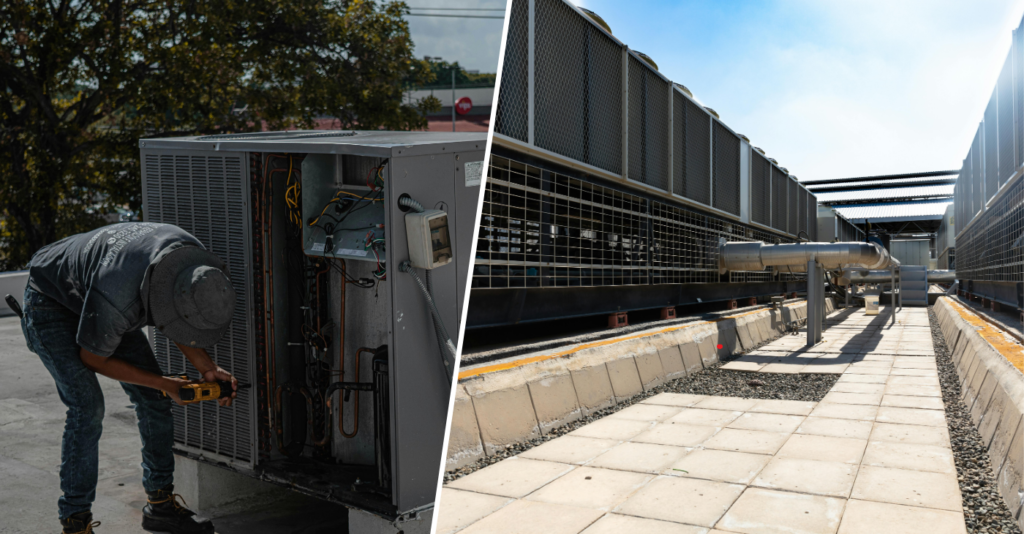
Are there certifications for specific HVAC equipment?
How many HVAC certifications are there for specific HVAC equipment? Yes, there are certifications designed for specific HVAC equipment, especially for larger and more complex systems. For example, the R-410A certification is necessary to work with high-pressure refrigerants found in newer air conditioning units. These refrigerants are more environmentally friendly but require specific skills to handle safely. On industrial or large commercial sites, certifications such as Boiler Operator or Chiller Technician are essential. These technicians are responsible for installing and maintaining boilers and chillers, ensuring they operate efficiently and safely. Failing to have certified techs for such equipment can lead to system failures, delays, and even safety hazards.
What are the continuing education requirements for HVAC technicians?
HVAC technology is constantly evolving, and so are industry standards and regulations. Many certifications require ongoing education to keep technicians up-to-date. For example, NATE certifications must be renewed every two years, with technicians required to complete 16 hours of continuing education during that period. This ensures that techs remain proficient with new tools, techniques, and building codes. For green building projects, such as those seeking LEED certification, it is essential for technicians to stay current on the latest in energy-efficient technologies and environmentally-friendly refrigerants. Continuing education ensures your team remains competent and compliant with the latest standards.
How do certifications vary by region or country?
How many HVAC certifications are there that cover refrigerants and energy efficiency systems? The required HVAC certifications can vary depending on the project’s location. In the U.S., EPA Section 608 is mandatory nationwide, but individual states may impose additional certification requirements. For instance, California has stricter standards under Title 24, which covers energy efficiency in building construction. In the European Union, F-Gas certification is required for anyone working with fluorinated gases, which are commonly used in refrigerant systems. It’s important to understand these regional differences to ensure that your crew is fully compliant with local laws and regulations, especially on international projects or projects that span multiple jurisdictions.
Why are advanced HVAC certifications beneficial for career growth?
Is HVAC a good career choice? Absolutely. Advanced HVAC certifications such as NATE Senior Level Efficiency Analyst or HVAC Excellence Master Specialist not only benefit technicians but also improve project outcomes. Technicians with these certifications have a deeper understanding of system diagnostics, energy efficiency, and optimization, making them highly valuable in the field. On large-scale commercial projects, having a technician with advanced certifications can make a significant impact. These professionals are often trusted to lead teams or oversee the installation of complex systems, ensuring everything runs smoothly and meets performance standards. Additionally, certified technicians are often paid higher, which makes HVAC a rewarding career choice for those looking for both stability and advancement opportunities in a growing industry.
How can you choose the right HVAC certification?
How many HVAC certifications are there that apply to specific project needs? Choosing the right certification depends on the specific needs of the project. For residential projects, a technician with a Universal EPA Section 608 certification and a NATE Air Conditioning Specialty certification can handle most tasks. However, for larger commercial or industrial projects, you’ll need technicians with more specialized certifications. For instance, a project using Building Automation Systems (BAS) will require techs who are trained in those systems, while projects involving large chillers or boilers will need techs certified as Boiler Operators or Chiller Technicians. Understanding the specific demands of the project ensures that you have the right people with the right certifications on-site, minimizing delays and ensuring a smooth installation.
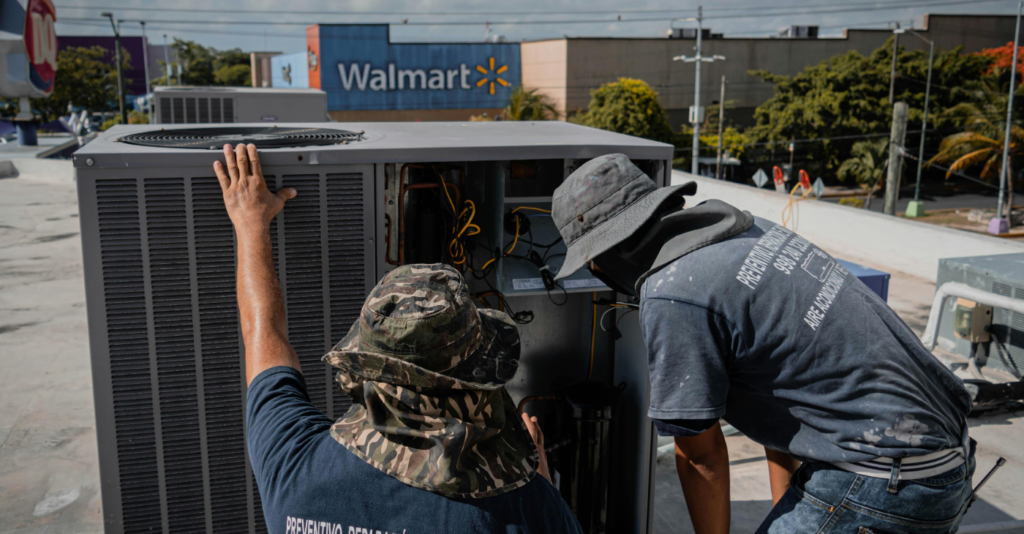
What is the future of HVAC certifications?
How many HVAC certifications are there that focus on future technologies? The future of HVAC certifications will focus heavily on sustainability and smart building technologies. Certifications for Low-GWP (Global Warming Potential) Refrigerants are becoming increasingly important as environmental regulations tighten. Similarly, smart HVAC systems integrated into IoT (Internet of Things) frameworks are rapidly gaining ground in both commercial and residential projects. Technicians who hold certifications in these areas will be in high demand as construction moves toward more energy-efficient and tech-driven systems. Ensuring that your team is ahead of the curve with these future-focused certifications will position you to take on cutting-edge projects in the growing green building market.
How many HVAC certifications are there in the UK?
In the UK, there are several key certifications required for HVAC technicians. The F-Gas certification is mandatory for anyone handling fluorinated gases used in refrigerants. City & Guilds offers certifications like the Level 2 Diploma in Refrigeration, Air Conditioning, and Heat Pump Systems. There are also Level 3 qualifications for more advanced technical skills. Technicians focusing on energy efficiency often pursue certifications aligned with Energy Performance Certificates (EPCs) and BREEAM. These qualifications ensure techs are equipped to work with modern, energy-efficient HVAC systems.
How much does an HVAC technician make in the United Kingdom?
The salary of an HVAC technician in the UK varies based on experience, location, and level of certification. On average, entry-level HVAC technicians earn between £22,000 to £27,000 annually. More experienced technicians with advanced certifications, such as F-Gas or City & Guilds Level 3, can make between £30,000 and £40,000 per year. Senior technicians or those in specialized roles, particularly in large commercial projects, can see earnings above £45,000, with some reaching £50,000 or more. Salaries also tend to be higher in cities like London due to increased demand and living costs. Additionally, overtime and bonuses can further boost earnings for technicians in the HVAC field. Read more about how does an HVAC technician make?
Conclusion
In the construction industry, HVAC certifications are more than just a legal requirement. They’re essential for ensuring that systems are installed correctly, run efficiently, and meet all necessary safety and performance standards. How many HVAC certifications are there? Whether you’re working on a residential home or a large industrial complex, having certified technicians on your crew ensures that your project runs smoothly. By understanding and investing in the right certifications, you’ll avoid costly delays, pass inspections, and deliver a high-quality finished product that meets the growing demands of today’s construction market. Explore more HVAC questions and answers.

